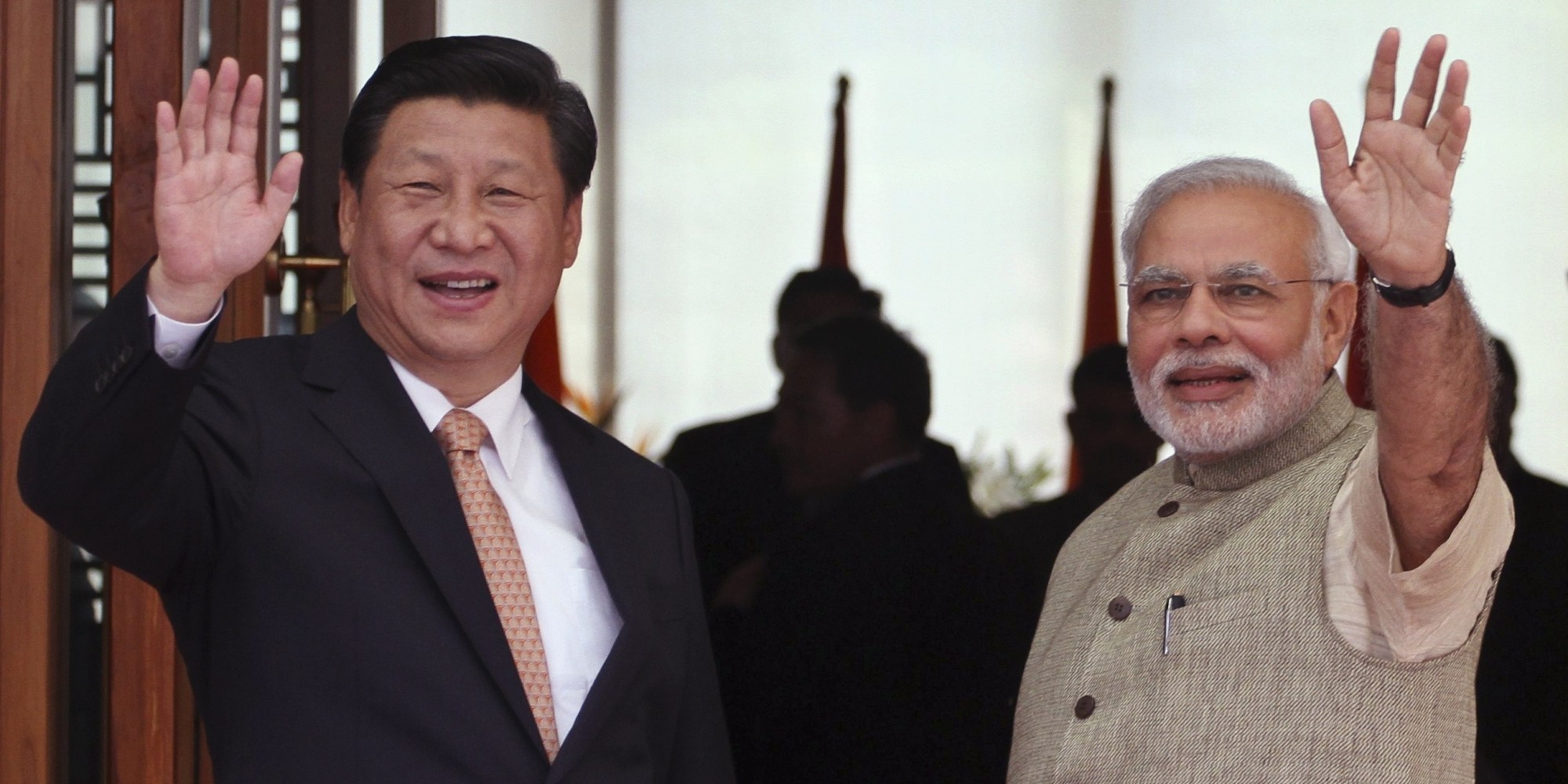
(TibetanReview.net, Sep23, 2014) – Despite new trade and investment deals, the differences between India and China over territorial and sovereignty issues proved too stark to be resolved in a give-and-take bonhomie during Chinese President Xi Jinping’s Sep 17-19 visit to India.
Xi re-asserted that New Delhi commit to a “One-China policy” and shut down the Tibetan Government-in-Exile based in India, reported the Deccan Herald newspaper Sep 19. India had declined this commitment since the visit of Chinese Premier Wen Jiabao in Dec 2010.
But Indian Prime Minister Narendra Modi refused, since Xi would not make any commitment on India’s request to change Beijing’s policy of issuing “stapled visas” to citizens of Arunachal Pradesh and Jammu and Kashmir. China follows this practice to make the point that the two are disputed territories.
Also during Xi’s visit, Chinese troops made the most audacious incursions in many years in Ladakh region of Jammu and Kashmir, resulting in a face-off between border troops of the two countries along the Line of Actual Control. This development overshadowed the talks and the two leaders could not make any significant headway in narrowing differences on other contentious issues as well, the report said.
The joint statement issued at the end of the visit only took note of India’s concern over growing imbalance in its trade with China, with Xi assuring Modi that China would take “positive steps” to rebalance bilateral trade and address existing structural imbalances in commercial relations between the two countries.
China’s commitment to invest $ 20 billion in India over the next five years was much lower than previously, but not officially, mentioned figure of about $ 100 billion. China was at that time looking to dwarf Japan’s commitment to invest $ 35 billion in India during Modi’s recent visit to Tokyo and his meeting with Japanese Prime Minister Shinzo Abe.
The joint statement did not even contain a commitment by India to ban Tibetans from engaging in anti-China activities, although China’s official Xinhua news agency made it a point to report that Modi did make such a commitment.
According to the Deccan Herald report, Modi also turned down Xi’s request to restrict the activities of the Dalai Lama, whose advice to China to learn from India’s democracy was aired by TV channels.
And because of the continuing standoff in the Chumar area of Ladakh, India on Sep 22 decided to withdraw clearances for Chinese editors who were scheduled to visit the country for a media exchange with Indian journalists, reported zeenews.india.com Sep 22.


